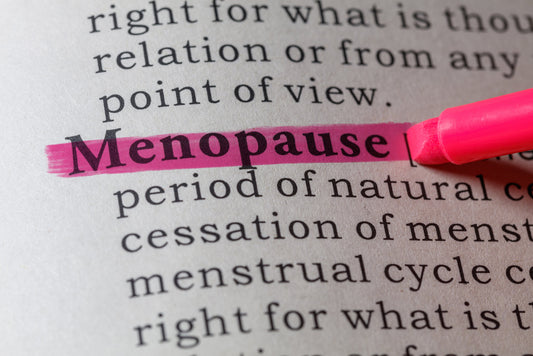Magnesium is a vital mineral that plays an important role in many of your body’s functions, including muscle function, energy production, and nerve transmission. Despite its importance, many people don’t get enough magnesium through their diet, leading to magnesium deficiency. Magnesium deficiency can manifest in subtle ways, and if left unchecked, it may lead to more serious health concerns. Let’s dive into five common signs that your body is low on magnesium and how a magnesium supplement may help.
-
Muscle Cramps and Spasms
One of the most well-known signs of magnesium deficiency is muscle cramps, spasms, or twitches. Magnesium plays a key role in muscle contraction and relaxation, and when levels are too low, you may experience uncomfortable or painful muscle cramps, particularly in your legs.
Low magnesium levels increase calcium’s effect on the muscles, causing hyperexcitability and spasms. If you find that you’re regularly experiencing cramps, especially at night, this could be a sign your magnesium intake is inadequate.
-
Fatigue and Weakness
Feeling unusually tired or weak, even after adequate rest, can be another indicator of magnesium deficiency. Magnesium is essential for the production of ATP (adenosine triphosphate), which provides energy to your cells. Without enough magnesium, your body struggles to maintain its energy levels, leading to fatigue, lethargy, or general weakness.
Research also shows that low magnesium levels can lead to muscle weakness or myasthenia. If you're constantly feeling drained for no apparent reason, magnesium deficiency could be a contributing factor.
-
Sleep Problems
Magnesium plays a significant role in regulating neurotransmitters that control sleep, such as GABA (gamma-aminobutyric acid). Without sufficient magnesium, you may find it difficult to fall asleep, stay asleep, or achieve restful sleep. Magnesium helps relax your muscles and calm your mind, preparing your body for sleep.
Studies suggest that magnesium supplementation may help improve sleep quality, particularly for those who suffer from insomnia or sleep disturbances. If you find yourself tossing and turning at night, your magnesium levels might be too low.
-
High Blood Pressure
Magnesium helps relax blood vessels, which is important for maintaining healthy blood pressure levels. When magnesium levels are low, blood vessels may constrict, leading to elevated blood pressure. Over time, this can increase the risk of heart disease, stroke, and other cardiovascular issues.
Research has shown that magnesium supplementation can have a positive effect on lowering blood pressure, especially in individuals with hypertension. So, if your blood pressure is creeping up, a lack of magnesium could be a contributing factor.
-
Anxiety and Mood Disorders
Magnesium plays a role in brain function and mood regulation, and low levels of this mineral have been linked to an increased risk of anxiety, depression, and mood swings. Magnesium helps regulate neurotransmitters that control mood, such as serotonin, and its deficiency can contribute to feelings of anxiety, irritability, or even depression.
In fact, studies suggest that magnesium supplementation can have a calming effect on the brain and help alleviate symptoms of anxiety and depression, particularly in individuals with mild to moderate conditions.
Addressing Magnesium Deficiency with Food and Supplements
Magnesium deficiency is more common than you might think, and it can affect various aspects of your health — from your muscles and energy levels to your mood and sleep.
While magnesium-rich foods like leafy greens, nuts, seeds, and whole grains are excellent sources, it can be challenging to meet your daily magnesium needs through diet alone, particularly for those with higher requirements or absorption difficulties. The Recommended Daily Allowance (RDA) for magnesium is 320-420 mg for adults, but factors like stress, heavy physical activity, and certain medications can accelerate magnesium depletion, making it difficult to maintain optimal levels from food alone. This is where magnesium supplements can come in handy.
Whether you're aiming to improve sleep, alleviate muscle cramps, or enhance overall health, magnesium supplements can play a vital role in ensuring your body functions efficiently. If you think you may be low on magnesium, it’s always a good idea to consult with a healthcare professional before starting a new supplement.
![]()
BEST supplements are formulated with the most effective, science-backed ingredients out there, and nothing else. No fillers, no false promises, and no B.S.
Just the right doses, delivered the right way, with results that actually matter.
Because your BEST health starts with the BEST standards. And we’re here to deliver both.
*These statements have not been evaluated by the Food and Drug Administration. This product is not intended to diagnose, treat, cure, or prevent any disease.









